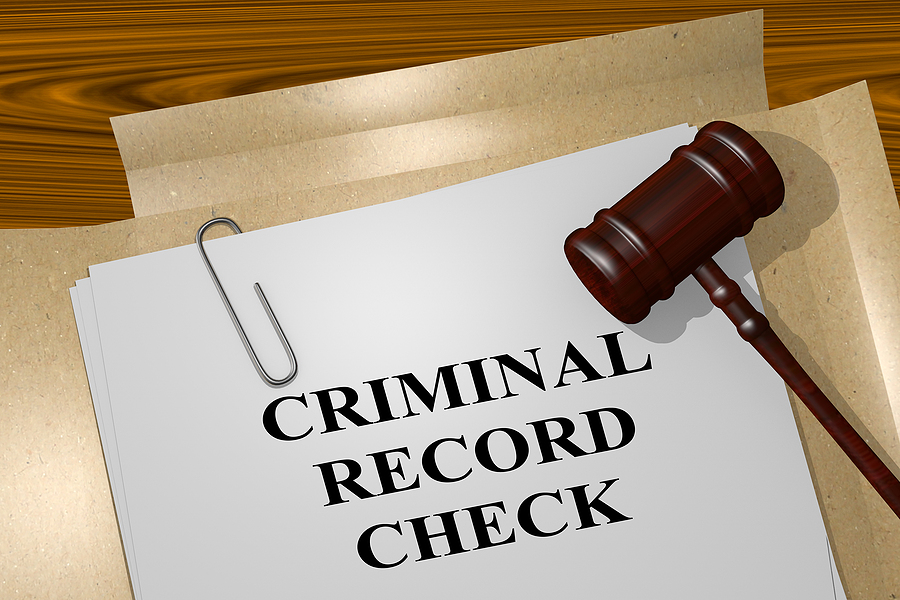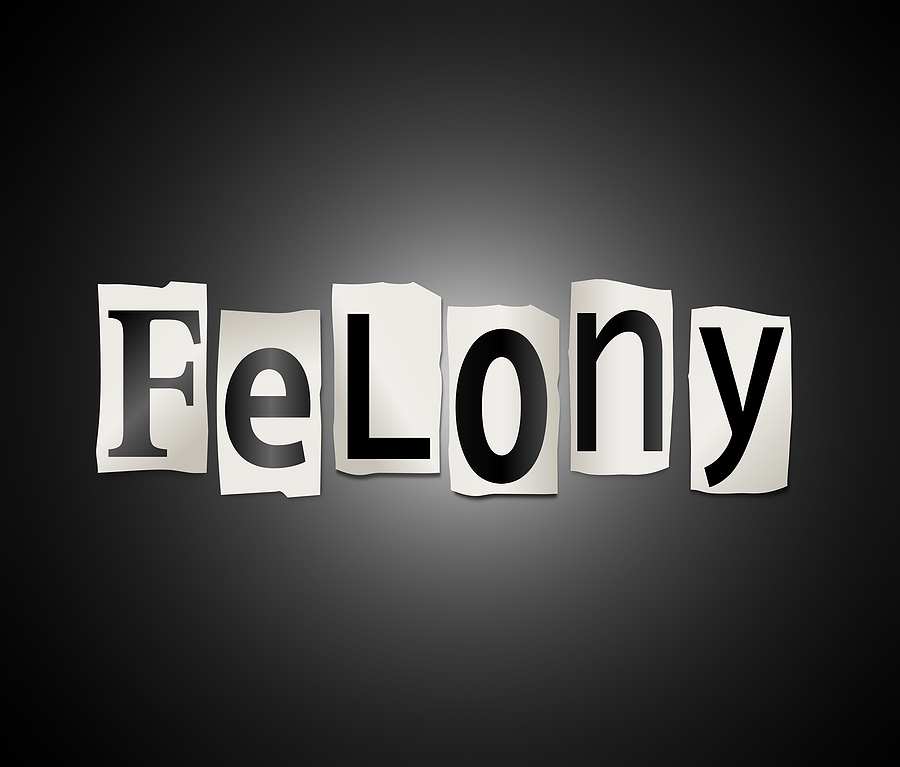TL;DR: Your criminal history report can impact employment, housing, and more. Learn where to obtain your official record, how to decode common abbreviations, identify errors, and take action to correct inaccuracies—including exploring expungement options in Indiana.
Key Takeaways:
- Official criminal records are available through state repositories (like Indiana State Police) and the FBI
- Reports contain codes and abbreviations that require careful interpretation
- Errors are common and can be disputed under federal and state law
- Indiana law allows expungement of many records after waiting periods ranging from one to ten years
- Professional legal help can ensure your record is accurate and explore clearing eligible offenses
Table of Contents:
- Where Can You Find Your Official Criminal Record?
- Understanding the Codes and Abbreviations in Your Report
- How to Identify Inaccuracies or Errors in Your File
- Steps to Take if You Find Mistakes in Your Record
- Frequently Asked Questions
- Quick Recap
- Free Expungement Eligibility Review in Indianapolis

Where Can You Find Your Official Criminal Record?
You can obtain your official criminal history from state and federal sources. Each provides different information and serves specific purposes.
Indiana State Police Limited Criminal History
Indiana residents can request a Limited Criminal History (LCH) report through the Indiana State Police. This report includes felony and Class A misdemeanor arrests within Indiana, though completeness depends on county participation. You can request your LCH online for $15.00 per record (or $15.70 by credit card). The report generates as a PDF that expires 14 days after your search, so print or save it immediately.
Keep in mind that a “No Records Found” result still counts as a completed search and you’ll be charged the fee. The Indiana State Police system requires session cookies enabled and any pop-up blockers turned off.
FBI Identity History Summary Check
For a more comprehensive federal record, request an Identity History Summary Check (commonly called a “rap sheet”) from the FBI. This costs $18 and includes arrests and convictions reported to federal databases from across the country.
You can submit your request electronically through the FBI’s system and have your fingerprints captured at participating U.S. Post Office locations for an additional fee. Alternatively, mail a completed fingerprint card to the FBI. Electronic submissions typically process faster, and you can opt to receive email status notifications during the process.
The FBI requires current fingerprints—you cannot reuse an old fingerprint card. If your prints are repeatedly rejected, have multiple sets taken by a fingerprinting technician, preferably at a law enforcement agency.
Court Records and Public Access Systems
Many Indiana courts use the MyCase system (also known as Odyssey) to provide public access to case information. You can search by name, case number, or other identifiers to view court filings, dispositions, and case status. However, these systems may not show complete criminal history or records from other counties, so they’re best used as a supplement to official state and federal reports.
Understanding the Codes and Abbreviations in Your Report
Criminal history reports use standardized abbreviations that can be confusing. Learning these codes helps you understand exactly what your record shows.
Common Disposition Codes
Dispositions describe how a case was resolved. Here are some of the most frequently seen codes:
- DISM (Dismissed): The charges were dropped and did not result in a conviction
- NOL PRS (Nolle Prosequi): The prosecutor formally abandoned the case without a conviction
- CONV (Convicted): Found guilty of the offense
- ACQT (Acquitted): Found not guilty at trial
- PGBC (Plea of Guilty Before Court): Defendant pleaded guilty in an agreed plea
- STET: Case set aside or held in abeyance, pending (not a conviction)
Charge-Level Abbreviations
Understanding the severity of charges is equally important:
- F1-F6: Felony classifications, with F1 being the most serious
- M or MISD: Misdemeanor
- A & B: Assault and Battery
- DUI or DWI: Driving Under the Influence / Driving While Intoxicated
- POSS: Possession (often related to controlled substances)
- BURG: Burglary
- ROB: Robbery
Sentence and Probation Terms
Your report may also include sentencing information:
- PROB: Probation
- SUSP: Suspended sentence
- CD: Conditional discharge
- REVK: Revoked (probation or parole)
- PV: Parole violator
The Center for Development of Security Excellence maintains a comprehensive glossary of criminal record abbreviations that can help you decode unfamiliar terms in your report.
How to Identify Inaccuracies or Errors in Your File

Mistakes in criminal records are surprisingly common. Errors can include wrong charges, missing dispositions, outdated information, or records belonging to someone else.
Red Flags to Watch For
Review your report carefully for these common issues:
- Incomplete or missing disposition information: An arrest may appear without showing that charges were dismissed, reduced, or resulted in acquittal. This makes your record look worse than reality.
- Duplicate entries: The same incident may be listed multiple times, creating the false impression of repeated offenses.
- Outdated information: Federal law generally prohibits consumer reporting agencies from including arrests that did not lead to conviction if they occurred more than seven years ago. However, this restriction doesn’t always apply to official state and FBI records.
- Sealed or expunged records: If a court ordered your record sealed or expunged, that information should not appear on background checks run by employers or landlords (though law enforcement may still access it).
- Wrong person’s information: Identity mix-ups happen, especially with common names or similar dates of birth.
Cross-Reference Multiple Sources
Compare your Indiana State Police report, FBI Identity History Summary, and any court records you can access through MyCase or county clerk offices. Discrepancies between sources often reveal errors that need correction.
Steps to Take if You Find Mistakes in Your Record
If you discover inaccuracies, you have legal rights to dispute and correct them. The process differs depending on whether the error is in an official government record or a private background screening report.
Challenging Errors in FBI or State Records
To dispute inaccuracies in your FBI Identity History Summary, submit your challenge in writing to the FBI. Clearly identify the incorrect information and include copies (not originals) of supporting documents such as court records, dismissal orders, or certificates of disposition.
There is no fee to challenge your FBI record. The FBI typically responds within 45 days. For expungement questions or to have information removed, contact the State Identification Bureau in the state where the offense occurred, as expungement laws vary by state.
For Indiana State Police records, if you believe information is inaccurate or incomplete, contact the Indiana State Police directly with documentation supporting your claim. Court records showing dismissals, acquittals, or other favorable dispositions are particularly helpful.
Disputing Background Check Errors Under Federal Law
If an employer, landlord, or other entity used a background screening company that produced an inaccurate report, the Fair Credit Reporting Act (FCRA) protects you. Background screening companies must maintain reasonable procedures to ensure accuracy.
When you find a mistake in a background screening report, immediately inform the background screening company in writing. Detail the error and provide documentation showing the accurate information. Send your dispute via certified mail with return receipt requested to create a record.
The background screening company generally has 30 days from receiving your dispute to investigate and respond (an additional 15 days may apply in some circumstances). The company must review all relevant information you submit and has five business days to notify you once the investigation is complete.
If the company confirms an error, it must correct the report and send the corrected version to any employer or entity that received the inaccurate report. If the company refuses to correct verifiable errors, you can file a complaint with the Consumer Financial Protection Bureau (CFPB) or Federal Trade Commission (FTC), and you may have grounds for a lawsuit.
Correcting Court Records
Sometimes the error originates in court records themselves. Contact the clerk of the court where your case was heard and request information about their correction procedures. You may need to file a motion to correct the record, particularly if a disposition was never entered or was entered incorrectly. An attorney can help ensure court records are properly corrected and that those corrections flow through to state and federal databases.
Don’t let errors hold you back. Schedule a free consultation with our Indianapolis expungement attorneys to review your record and explore your options.
Frequently Asked Questions
Can I get my criminal record expunged in Indiana?
Yes, Indiana law allows expungement of many criminal records. Eligibility depends on the type of offense and how much time has passed. Arrests that didn’t result in conviction can be expunged after one year. Misdemeanor convictions require a five-year waiting period, while most felonies require eight years. More serious felonies may require ten years and prosecutorial consent. Indiana Code 35-38-9 governs the expungement process.
How long does it take to correct an error in my criminal record?
For FBI records, the challenge process typically takes about 45 days. Background screening companies must generally complete their investigation within 30 days (sometimes 45 days). Court record corrections vary widely depending on the court’s procedures and workload. Working with an attorney can help expedite the process.
Will expunging my record remove it from all background checks?
It depends. Indiana law provides two types of expungement: full expungement (for arrests without conviction and less serious convictions) and “marked as expunged” (for more serious felonies). Fully expunged records are sealed and generally won’t appear on most background checks. Records marked as expunged remain visible but must be clearly identified as expunged. Law enforcement and certain licensing agencies may still access expunged records.
Do I need a lawyer to review my criminal record?
You can obtain and review your record on your own, but an experienced attorney can help you interpret complex codes, identify errors that may not be obvious, navigate the dispute process, and determine whether you’re eligible for expungement. Many attorneys offer free consultations to review your situation.
What if I find someone else’s information on my report?
Identity mix-ups require immediate attention. Gather documentation proving your identity and showing the record belongs to someone else (such as different dates of birth, addresses, or physical descriptions). Contact the reporting agency in writing with this evidence and demand correction. An attorney can help ensure the error is fully resolved across all databases.
Quick Recap:
- Obtain your official records from Indiana State Police ($15) and the FBI ($18) to see what employers and others may find
- Learn common abbreviations like DISM (dismissed), NOL PRS (nolle prosequi), and CONV (convicted) to understand your report
- Look for errors including missing dispositions, duplicate entries, outdated information, and sealed/expunged records that shouldn’t appear
- Dispute mistakes by contacting the FBI, state police, or background screening company in writing with supporting documentation
- Know your rights under the Fair Credit Reporting Act if a background check company reports inaccurate information
- Explore expungement if you have eligible offenses—Indiana allows clearing many records after waiting periods of one to ten years
Take Control of Your Future
Understanding what’s in your criminal history report is the first step toward protecting your opportunities. Errors can cost you jobs, housing, and peace of mind. Even accurate records may be eligible for expungement under Indiana law, giving you a true fresh start.
Our experienced Indianapolis expungement attorneys have helped hundreds of clients clear their records and move forward with confidence. We offer a free, no-obligation consultation to review your criminal history, identify any errors, and discuss whether expungement is right for you.
Contact us today to schedule your free consultation and learn how we can help you put the past behind you.
Related Post: How to Run a Background Check on Yourself in Indiana









